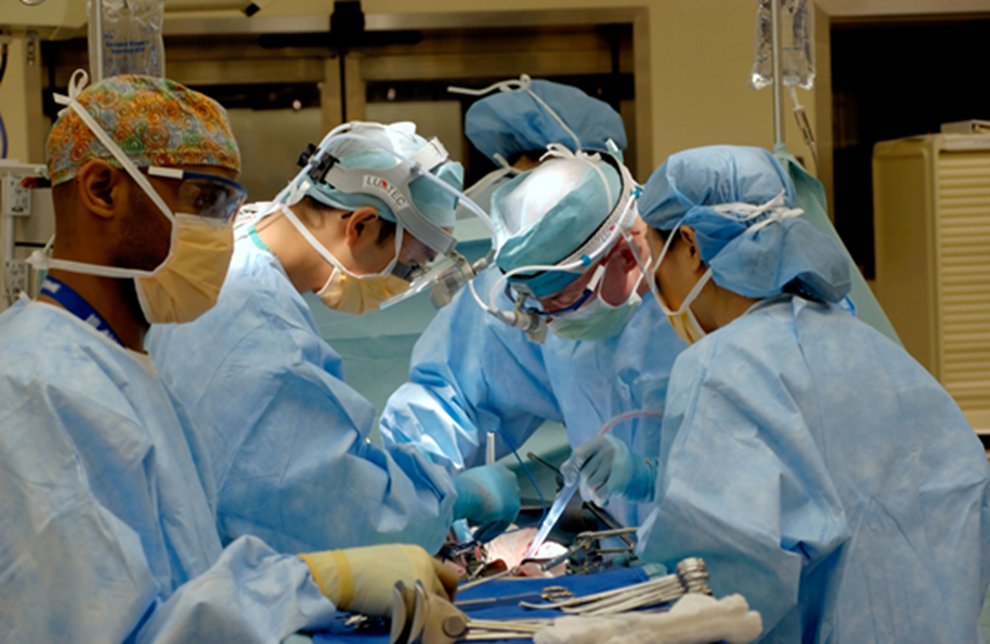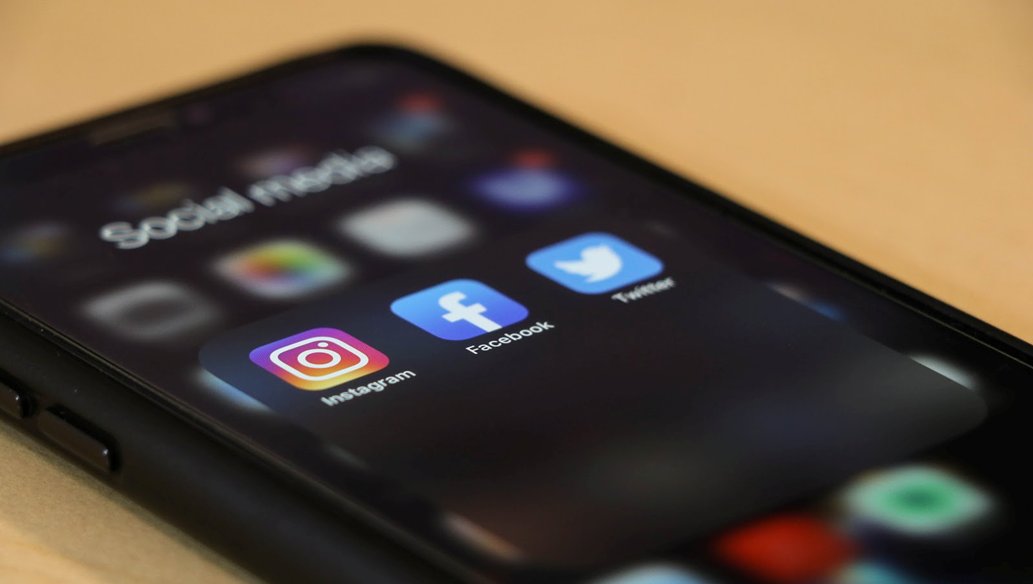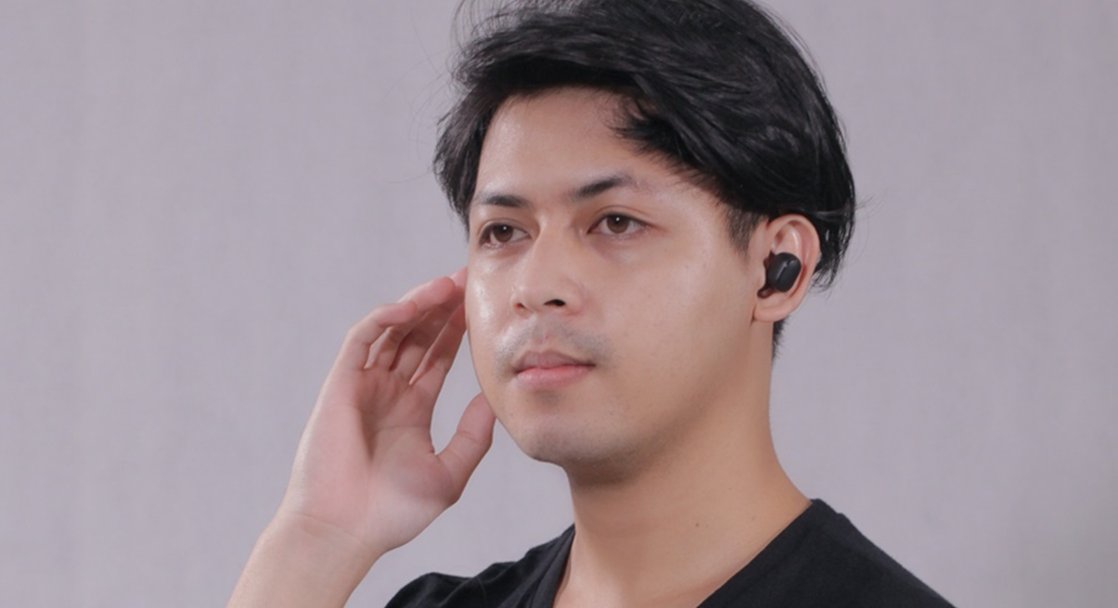
Hi everyone! I hope you're all enjoying this week's discussions. Earlier today we talked about #SciComm strategies to communicate in writing and to edit others' work. Now we're going to talk about communicating with policymakers…#SciPol! 1/11

https://twitter.com/realscientists/status/1314194426839756800?s=20

Many types of science clearly show the connection between science and society. Not only do scientists often require government funding for their research, but their work may also enhance treatments for diseases or inform relevant laws 2/11 

I'm from the United States, where we elect representatives to make laws. But these representatives rarely have a scientific background, so they may not have the knowledge that's necessary to create science-based legislation 3/11 

To help policymakers understand how science and policy connect, scientists (and others!) can engage in two broad ways: 4/11
First, there's "science for policy." This is the process of using scientific findings to inform legislation, such as using climate science to inform regulations on carbon emissions 5/11 

Second, there's "policy for science." This is the process of promoting policies that support science, like asking federal government agencies to fund scientific research, or creating regulations about how we teach science. So how can you get involved? 6/11 

Becoming involved in science policy (#SciPol) is easier than you might think! If you're at a university, there may be a student group or academic department with policy resources. Or you can participate individually 7/11
I'm involved in policy (#SciPol) through the National @SciPolNetwork, where I'm the Communications Committee Chair. We promote #SciComm training opportunities, lead community engagement events, and share the awesome things going on in our other committees and regional hubs! 8/11 

I'm also a member of the @DukeSciPol Writers Studio, where I've published summaries of federal legislation to help both scientists and non-scientists understand policies related to health and supporting science 9/11
scipol.org/content-author…
scipol.org/content-author…
You can also contact your representatives about science issues! Professional societies like @SfNtweets often post announcements about ways you can advocate for science by talking to policymakers 10/11 

Have you participated in any science policy (#SciPol) activities to communicate about science with policymakers or other stakeholders? What did you learn in the process? Do you have any advice or resources to share? #SciComm 11/11
• • •
Missing some Tweet in this thread? You can try to
force a refresh













